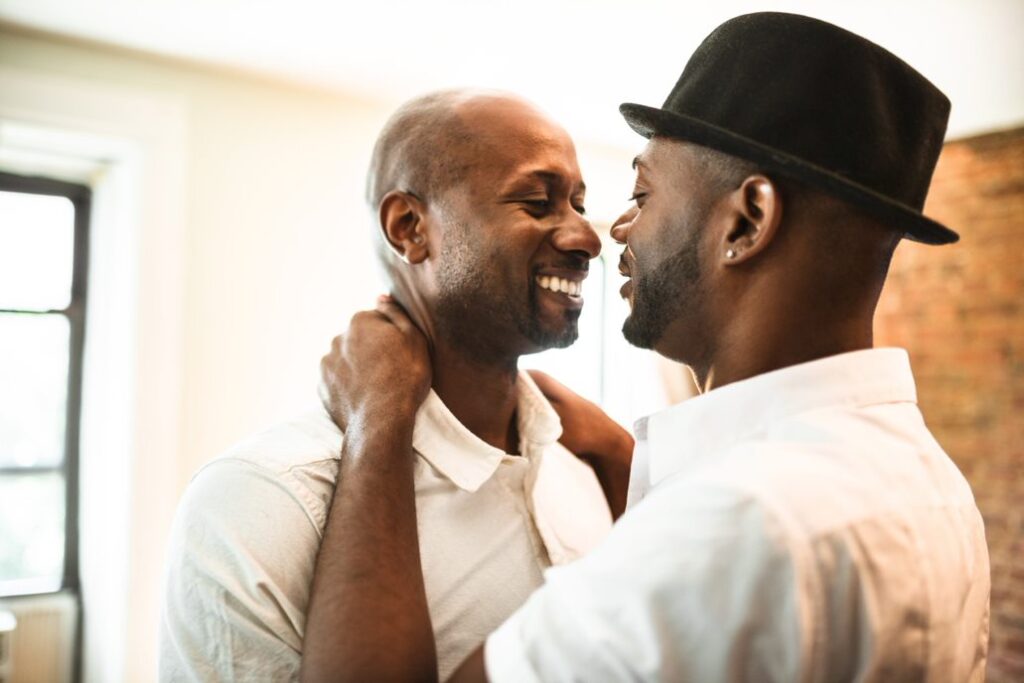Black History Month Blog: My Coming Out Journey by Peter Rowe

I was born to West Indian parents in Birmingham 1967, and from the age of five to 15 I was raised by my father and stepmother. My relationship with my stepmother was very turbulent from day one. One of my earliest memories is of her calling me a “girl’s blouse” or a “puff” due to […]
Black History Month Blog: Colour Memories with my mother by Dan Singh
I have been raised in a culture where I was constantly reminded of how fair my brown skin was; and how lighter skin was more desirable than darker skin. I still remember the coarse feeling of my grandmother trying to rub my face with her chunni (a long Indian head scarf). It one of my […]
